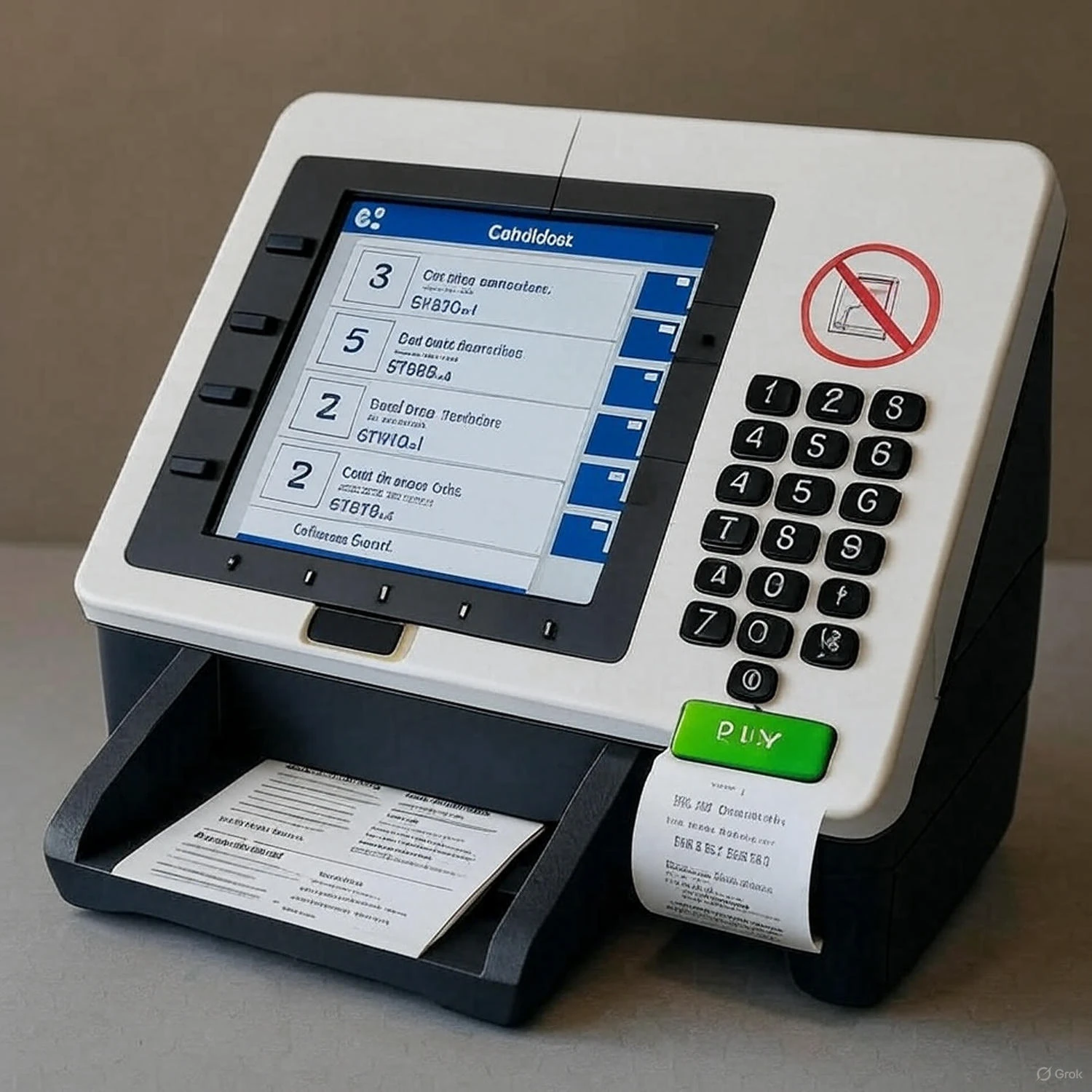In a bold move to safeguard democracy amid rising concerns over electoral integrity, the U.S. Department of Justice announced on October 24, 2025, that it will deploy federal election monitors to polling sites in six key jurisdictions: Passaic County in New Jersey and five populous California counties—Los Angeles, Orange, Kern, Riverside, and Fresno—ahead of the November 4 off-year elections. Prompted by formal requests from the Republican parties in both states citing alleged irregularities like blocked security cameras and lax mail-in ballot protocols, Attorney General Pam Bondi emphasized the monitors’ role in ensuring “transparency, ballot security, and compliance with federal law.” These observers, drawn from the DOJ’s Civil Rights Division, will scrutinize voting processes without interfering, a routine practice dating back decades but intensified under the Trump administration’s crackdown on perceived vulnerabilities. With New Jersey’s open gubernatorial race and California’s high-stakes Proposition 50 vote on redistricting congressional maps to counter GOP gerrymandering, the deployment underscores Washington’s determination to oversee contests that could ripple into the 2026 midterms.
This federal intervention arrives against a backdrop of documented election vulnerabilities across America, where proven instances of fraud—though statistically rare—have eroded public trust in the past few years, fueling demands for heightened scrutiny. The Heritage Foundation’s database logs over 1,285 convictions since 1979, including recent cases like a Wisconsin election official charged in 2022 with absentee ballot fraud using fake military identities and a Georgia canvasser indicted in 2024 for 70 counts of fictitious voter registrations. While comprehensive audits, such as the Associated Press’s 2021 review of 25 million battleground votes finding just 475 irregularities (many clerical errors), affirm that widespread rigging is a myth, isolated scandals—from North Carolina’s 2018 ballot harvesting scheme that overturned a congressional race to Philadelphia’s 2016 bribery of poll workers—expose systemic weaknesses in mail-in voting, voter roll maintenance, and chain-of-custody protocols. These episodes, often partisan in nature and swiftly prosecuted, highlight how unsecured processes invite exploitation, justifying the DOJ’s proactive stance to prevent even marginal discrepancies from snowballing into full-blown crises.
Yet, even as monitors arrive, California Governor Gavin Newsom has decried the effort as a veiled “federal takeover” and a Trump-orchestrated “setup” to delegitimize outcomes, particularly his push for Proposition 50, which he frames as a bulwark against Republican election manipulation elsewhere. In a KQED interview, Newsom warned that DOJ personnel—initially limited to lawyers—could expand into broader interference, predicting post-election fraud claims if the measure passes, echoing unsubstantiated gripes from his 2021 recall survival where he secured 61.9% to reject ouster despite turnout anomalies and premature fraud accusations from opponent Larry Elder. Newsom’s improbable recall victory, with over 8 million votes amid pandemic mail-in surges and discrepancies in early reporting (later chalked up to human error), has long drawn skepticism over improbable turnout in Democratic strongholds, yet he persists in touting state elections as ironclad while signing laws like the “Election Rigging Response Act” to fortify against federal overreach. His defiance, amid California’s history of one-party dominance, only amplifies calls for impartial oversight, revealing the chasm between elite assurances and grassroots demands for verifiable legitimacy.
DOJ Monitors Hit CA, NJ Polls Amid Fraud Claims—Newsom Rages Over “Takeover” After Shady Recall Victory
DOJ Monitors Hit CA, NJ Polls Amid Fraud Claims—Newsom Rages Over “Takeover” After Shady Recall Victory

Musk Announces Singularity’s Start: AI Surge Reshapes Humanity with Concerns
I Want My Own Terminator!

Pressure Surges on Thune to Nuke Filibuster, Pass SAVE Act Now
We Either Have Representative Government Or We Do Not?

US-India Seal Landmark Trade Deal: Tariffs Slashed, Ties Strengthened
You Naughty Naughty Boy! Birdie Num Num...

Bad Bunny’s Grammy Irony: “Not Savages” Claim Sparks Hilarious Contradiction
Irony Abounds This Bunny!

Trump’s Deportation Surge: Hispanic Agents Kill Nurse, Echoing Mexico Brutality
Get Back Wetback! Is This What We Voted For? Oh The Irony!

Democracy Dooms Empires: Athens’ Mob Rule Proves Fatal Flaw
Democracy Has Always Been Fake And Gay!

Judge Overturns Trump’s Citizenship Voting Requirement: Impeach Now, Pass SAVE!
Activism Is A Cancer...Cut It Out!

Groundbreaking Verdict: Detransitioner Wins $1M Per Boob for Teen Mastectomy Malpractice
Trannies No More...Say Goodbye To This Psy Op...Arrest All Who Participated in This Madness! Especially The Doctors, Nurses & Admins.

